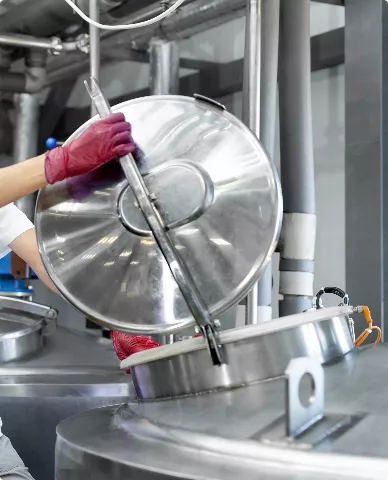FFA
FFA stands for Free Fatty Acids, which are critical indicators of the quality and stability of animal fats.
Free Fatty Acids (FFA) are a key measure in assessing the quality of animal fats used in various industrial applications. High levels of FFA can indicate degradation or poor handling of fats, impacting their usability.
Importance of FFA in Animal Fats
-
Quality Indicator: High FFA levels can signal that the fat has started to break down, which may affect its odour, taste, and stability.
-
Industrial Applications: Low FFA levels are crucial for applications in cosmetics, pet food, and other industries where the purity of fats is essential.
-
Nutritional Value: In animal feed, controlled FFA levels ensure the nutritional quality and safety of the product.
Measuring and Controlling FFA
-
Processing Techniques: Proper rendering and refinement processes help in reducing FFA levels in animal fats.
-
Storage Conditions: Maintaining optimal storage conditions to prevent the oxidation and hydrolysis of fats, which can increase FFA levels.
-
Quality Control: Regular testing and quality control measures to monitor FFA levels and ensure compliance with industry standards.






